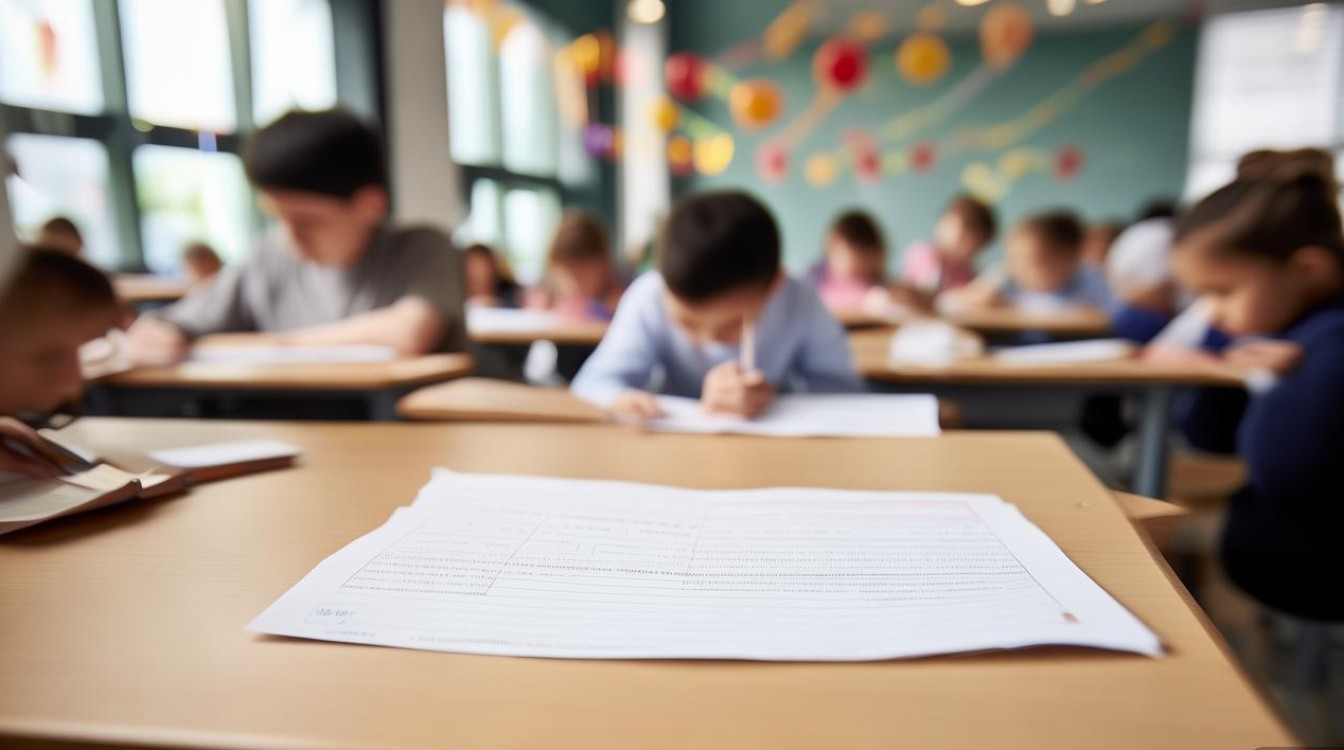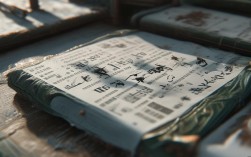高考节日作文高分策略
写好一篇节日主题的作文,不仅仅是描述节日,更要展现你的语言运用能力和思想深度,记住以下四点,让你的作文脱颖而出:

-
结构清晰,逻辑严谨
- 三段式结构是最安全、最经典的选择:
- 第一段(引言): 开门见山,点明是哪个节日,简述你对它的总体印象或重要性。
- 第二段(主体): 这是核心部分,详细描述节日的庆祝活动、传统习俗、食物、人们的情感等,可以按照时间顺序或不同方面来组织。
- 第三段(: 总结节日的意义,升华主题,可以谈谈它带给你的感受、对家庭/社会/文化的价值,或者你的个人期盼。
- 三段式结构是最安全、最经典的选择:
-
内容充实,细节具体
- 避免空泛的描述,不要只说 "We are happy.",而是要写出 "Laughter filled the air as our family gathered around the table, sharing stories and delicious food."
- 运用感官描写:视觉 (red lanterns, fireworks)、听觉 (firecrackers, laughter)、嗅觉 (the aroma of dumplings)、味觉 (sweet mooncakes)、触觉 (the warmth of a hug)。
-
语言地道,句式多样
- 高级词汇:用
celebrate代替have,用tradition代替old habit,用cherish代替like。 - 复杂句式:适当使用定语从句、状语从句、非谓语动词等。
- 简单句:I love Spring Festival.
- 定语从句:Spring Festival, which is the most important traditional festival in China, is my favorite time of the year.
- 状语从句:When the New Year Eve's bell rings, we set off fireworks to welcome the new year.
- 连接词:使用
Firstly, Secondly, Finally,Moreover, Furthermore,However, In contrast等词,使文章过渡自然。
- 高级词汇:用
-
立意深刻,情感真挚
- 节日作文不仅是说明文,更是记叙文和议论文的结合,在描述完庆祝活动后,一定要点出其背后的文化内涵和情感价值,如“团圆”、“感恩”、“希望”、“传承”等,这能让你的文章更有深度。
万能句型与词汇
开头句 (Opening Sentences)
- When it comes to my favorite festival, the first one that comes to mind is...
- [Festival Name] is not just a date on the calendar; it's a time for...
- There is a special place in my heart for [Festival Name], which is celebrated with great enthusiasm across the country.
- As the saying goes, "[A related proverb, e.g., 'The moon on the night of the Mid-Autumn Festival is the brightest']", which perfectly captures the spirit of the festival.
主体段句型 (Body Paragraphs)
-
描述活动/习俗:
- The celebration of [Festival Name] is marked by a series of traditions.
- One of the most cherished customs is...
- Families get together to...
- People usually decorate their homes with...
- The aroma of [Food] fills the streets, signaling the arrival of the festival.
-
描述食物:
- No festival is complete without its special food.
- [Food Name], which symbolizes [Meaning, e.g., reunion/wealth], is a must-have on the dinner table.
- The sweet taste of the [Food] represents the joy and sweetness of life.
-
描述情感:
- The atmosphere is filled with joy and excitement.
- It's a time for family reunion, and seeing the smiles on my relatives' faces is the greatest happiness for me.
- For children, it's the most anticipated time of the year, mainly because of the lucky money.
结尾句 (Concluding Sentences)
- In a nutshell, [Festival Name] is more than just a holiday; it's a precious opportunity for us to...
- It is a festival that strengthens family bonds and passes down our cultural heritage from generation to generation.
- I truly cherish the memories made during [Festival Name] and look forward to celebrating it again next year.
- The spirit of [Festival Name] will forever remain in my heart, reminding me of the importance of love, hope, and togetherness.
不同角度的范文示例
这里提供三个不同节日和角度的范文,供你参考学习。
范文 1:春节 - 侧重家庭团聚与传承
The Most Cherished Time of the Year
Among all the traditional festivals in China, the Spring Festival, or Chinese New Year, undoubtedly holds a special place in my heart. It is not merely a holiday but a profound cultural symbol that embodies the core values of family reunion and new beginnings.
The celebration of the Spring Festival is a vibrant and heartwarming experience. Weeks before the festival, families start their thorough cleaning, a tradition known as "sweeping the dust," which is believed to sweep away bad luck. On New Year's Eve, the most important event is the family reunion dinner. My family, no matter how far we are, always makes it back home. The table is laden with delicious dishes, each with a special meaning: fish for prosperity, dumplings for wealth, and rice cakes for a higher position or better fortune in the coming year. After dinner, we stay up late to "guard the year," watching the annual Spring Festival Gala on TV and setting off fireworks, which light up the night sky with brilliant colors and joyful sounds.
For me, the Spring Festival is more than just feasting and fun. It is a precious time to reconnect with my loved ones, express gratitude, and carry forward our traditions. The red envelopes, or "hongbao," given by elders to the young, are not just money; they are tokens of love and blessings for a healthy and successful future. As the firecrackers fade, I am filled with a sense of hope and gratitude, ready to embrace the new year with a refreshed spirit and a heart full of love.
范文 2:中秋节 - 侧重思念与团圆
A Night of Reunion and Hope
When the autumn moon reaches its fullest and roundest, a sense of tranquility and anticipation fills the air. This is the Mid-Autumn Festival, a time deeply rooted in Chinese culture for celebrating reunion and expressing our most cherished wishes.
The highlight of the Mid-Autumn Festival is undoubtedly the night of the full moon. On this night, families gather in their backyards or on balconies, sharing a meal under the bright moonlight. The star of the show is the mooncake. These round pastries, symbolizing the full moon and family unity, come in various flavors, from sweet lotus seed paste to savory salted egg yolks. As we bite into the mooncake, we are reminded of the importance of being together. Another essential activity is gazing at the moon. Some people believe they can see the figure of Chang'e, the Moon Goddess, on the moon, which adds a layer of myth and romance to the festival. For those who are far from home, this night can be one of quiet longing, as they look up at the same moon, thinking of their families.
The Mid-Autumn Festival teaches us a timeless lesson: no matter where we are, the bond of family remains unbreakable. It is a night for reflection, gratitude, and hope. It reminds us to cherish the moments we have with our loved ones and to hold onto the dream of reunion, even when we are apart. The full moon on this night is a powerful symbol, shining a light on our hopes and connecting us all, near and far.
范文 3:端午节 - 侧重文化记忆与精神
Honoring a Hero and a Tradition
The Dragon Boat Festival, or Duanwu Festival, is much more than just exciting dragon boat races and delicious zongzi. It is a living memory of a great historical figure and a celebration of courage and patriotism that has been passed down for over two thousand years.
The festival is held on the fifth day of the fifth lunar month to commemorate Qu Yuan, a loyal and talented minister of the ancient Chu State. When his kingdom was defeated, he was so overcome with grief that he drowned himself in a river. To prevent his body from being eaten by fish, locals rowed their boats out to scare the fish away and threw sticky rice dumplings, called zongzi, into the water. This act of kindness and respect gave birth to two of the festival's most famous traditions. Today, we celebrate by racing long, narrow dragon boats to the beat of drums, reliving the heroic spirit of











